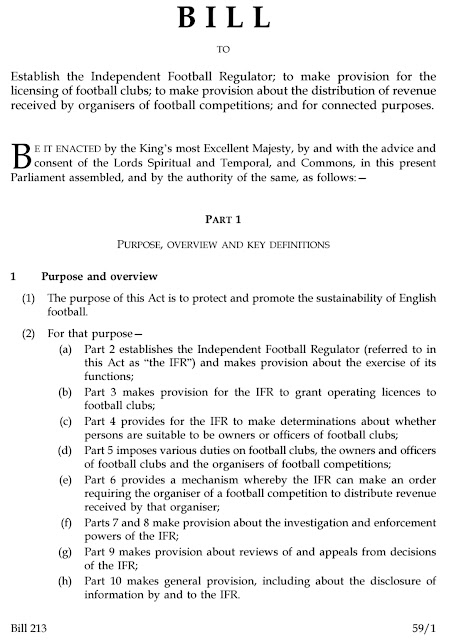Here's a quiz question.
Have you ever wondered whether organisations get value for money out of their advertising?
That wasn't the question.
On 16th April 2025, Arsenal played Real Madrid in the Estadio Santiago Bernabéu in Madrid, in front of 77,073 fanatical football fans. The Arsenal players were wearing shirts with "Visit Rwanda" on the sleeves.
Here's the question.
How many of the 77,073 ended up thinking "Wow, Rwanda. Sounds like a cool place. I wonder what its beaches are like. Can I get a cheap flight tomorrow?"
If you guessed more than 0, you're deluded.
Apparently the Rwandan Tourist Board pays Arsenal £10 million a year for the sponsorship deal. It has been rumoured that the football club is reconsidering whether to continue after the current deal ends this year, because of "reputational damage". I think they should carry on; it's money for old rope. And £10 million would get you a backup goalie.
******************
By The Way #1: Rwanda is a landlocked country, However, it (says ChatGPT) "boasts beautiful inland beaches along the shores of Lake Kivu, one of Africa's Great Lakes, situated on the western border with the Democratic Republic of Congo". That's the DRC they are at war with (it's not technically a war but they are fighting each other).
By The Way #2: Arsenal won the match 2-1, with a beautiful winning strike from Gabriel Martinelli. I knew you'd want to know. Here it is.
https://youtube.com/shorts/_W7XsyCa6iU?si=SD7BARL0WVJ40OVm




